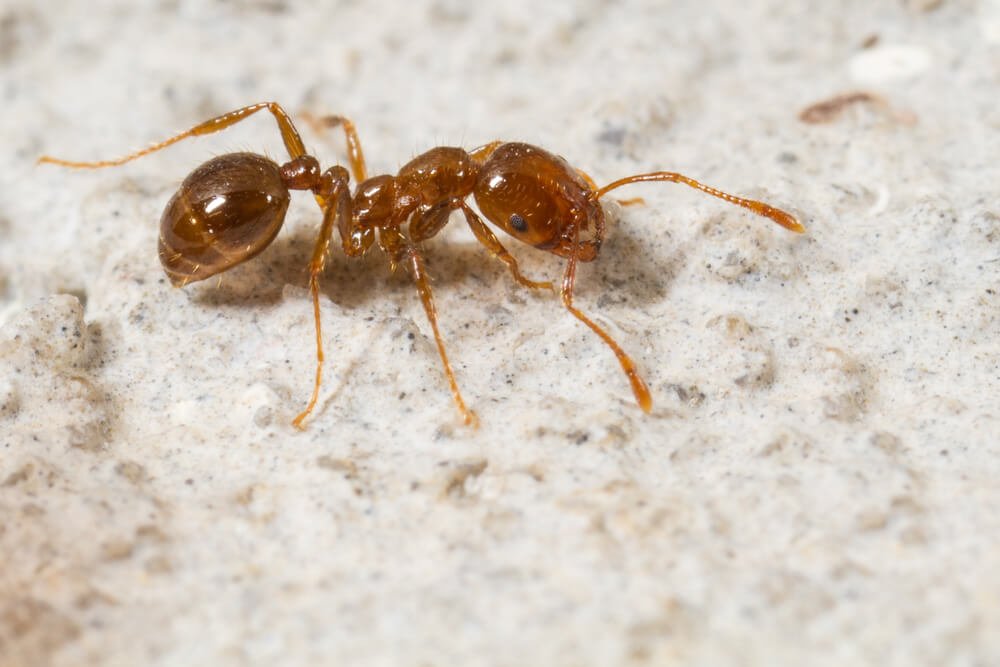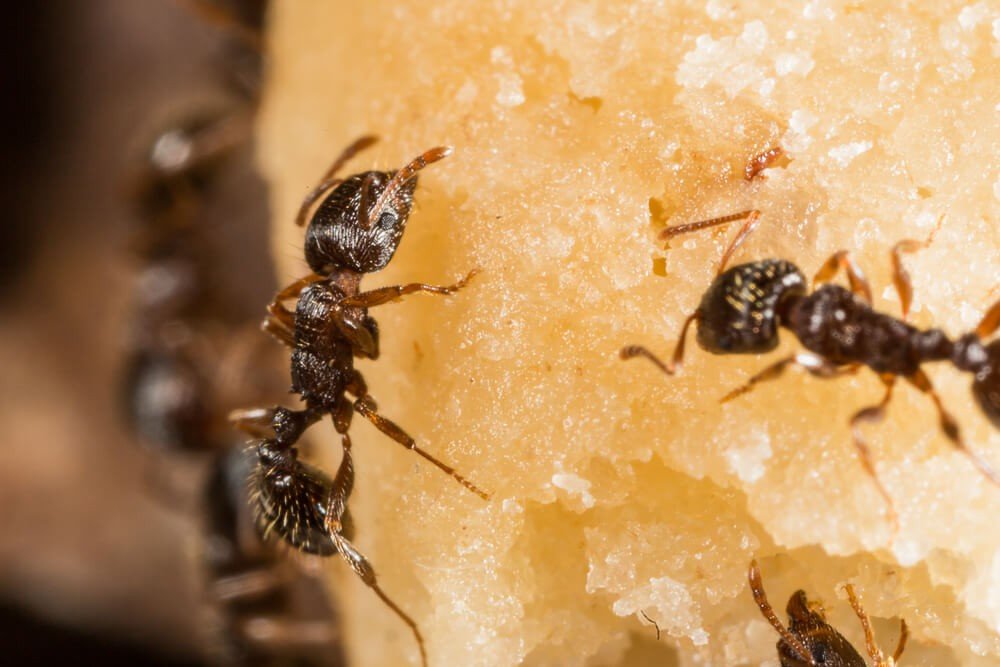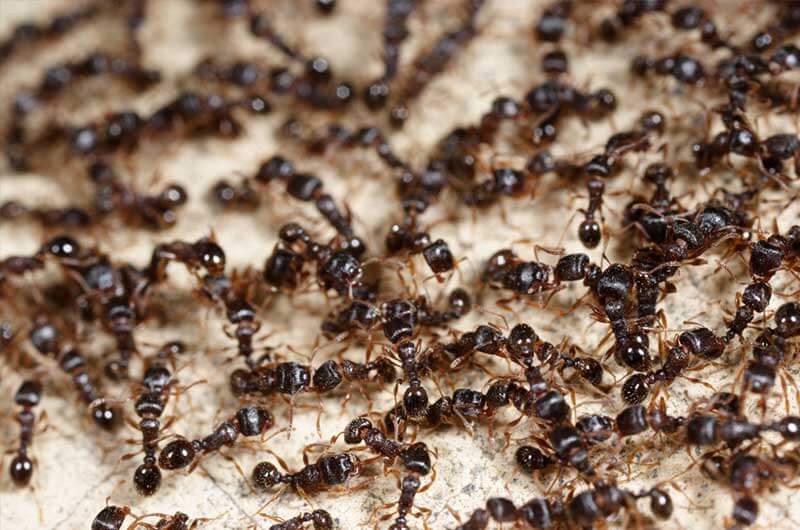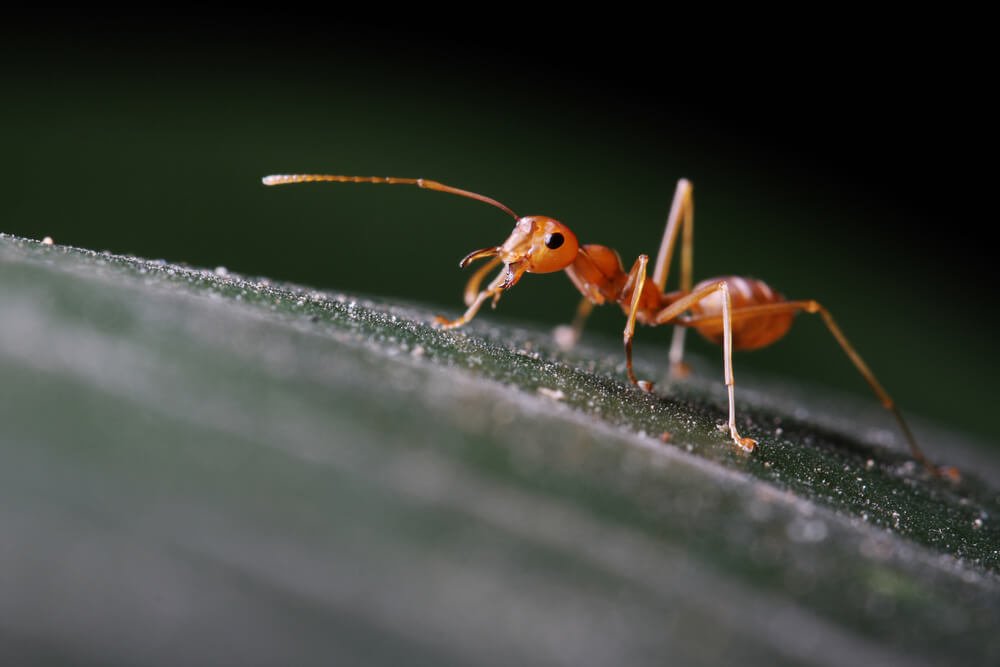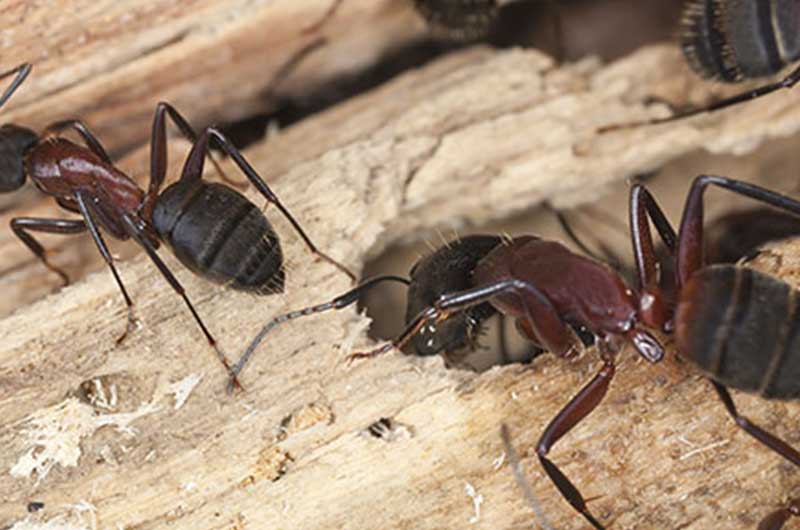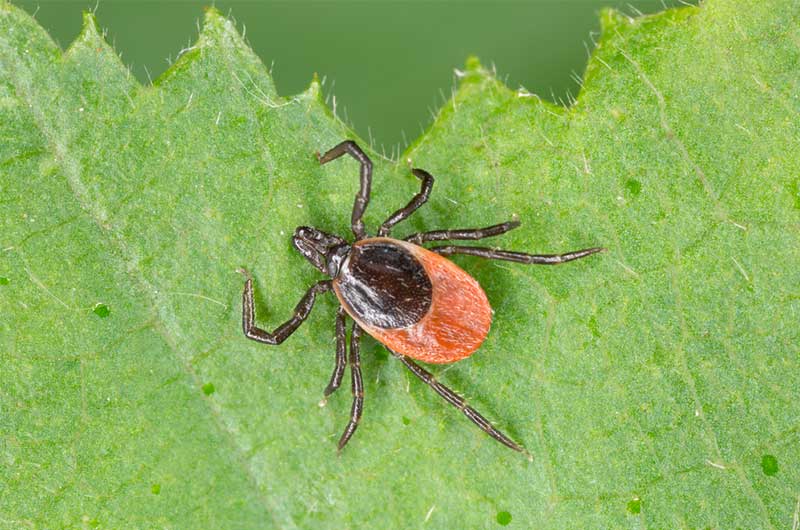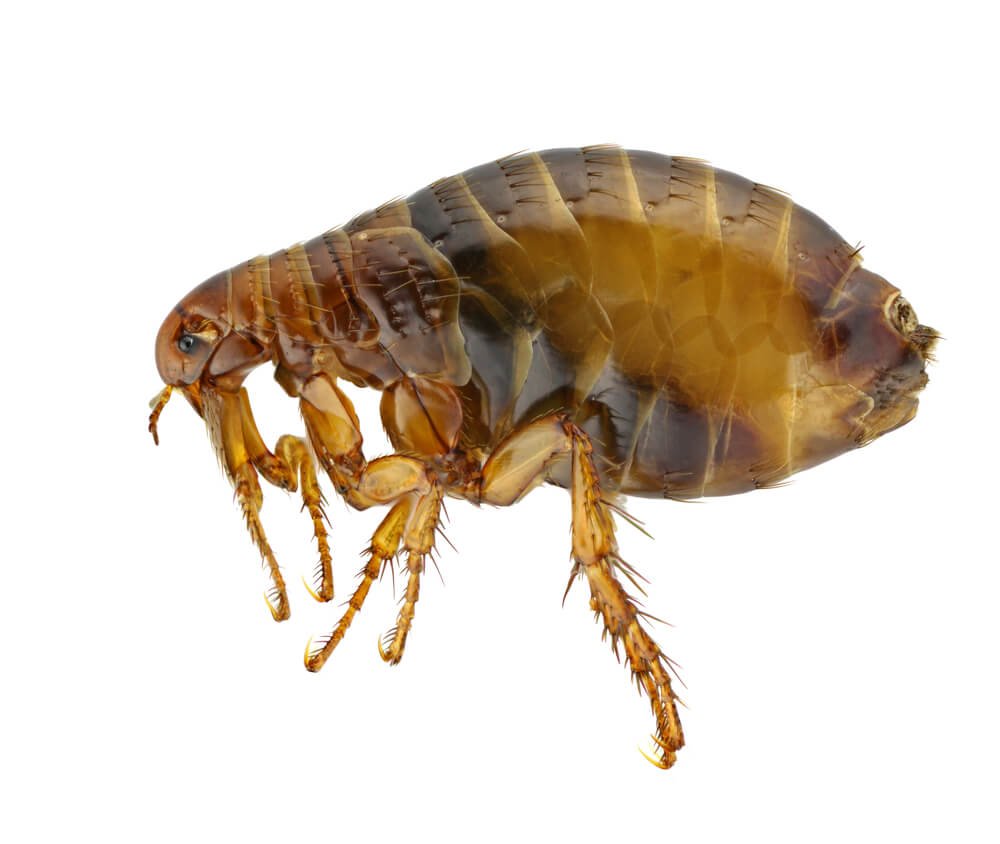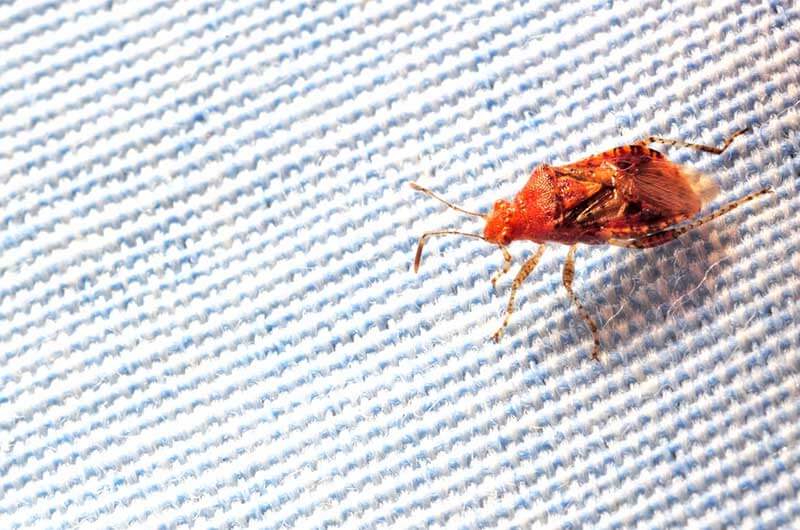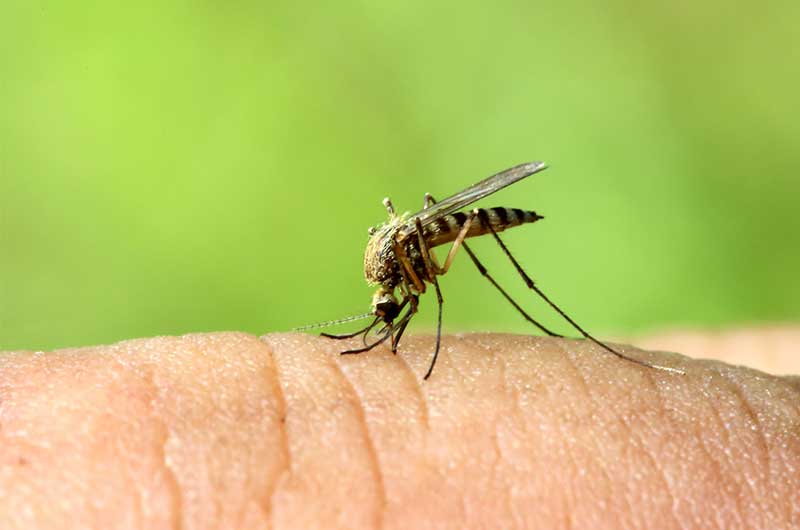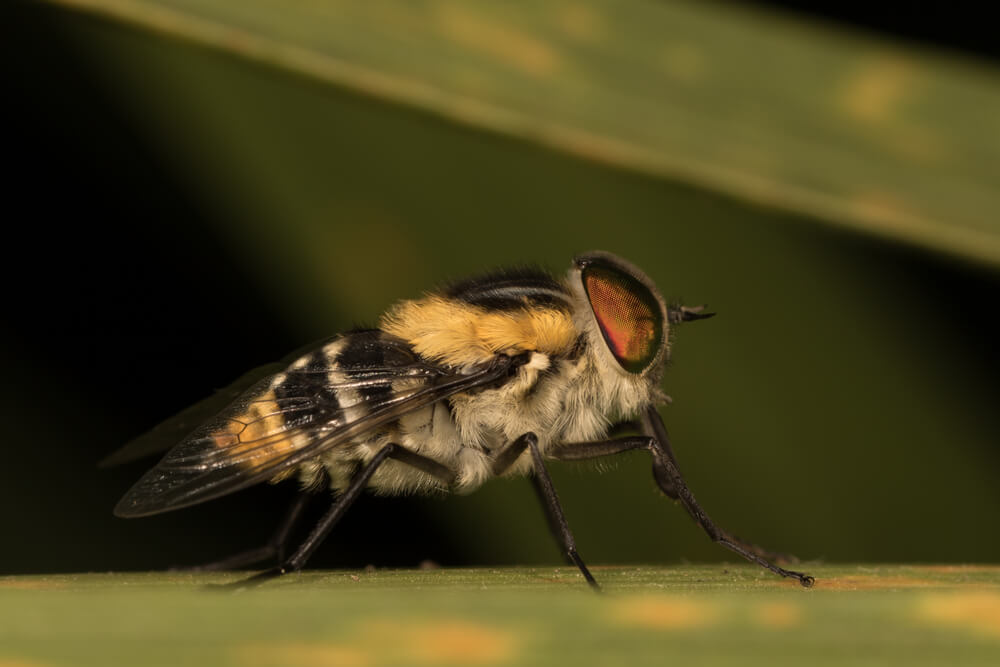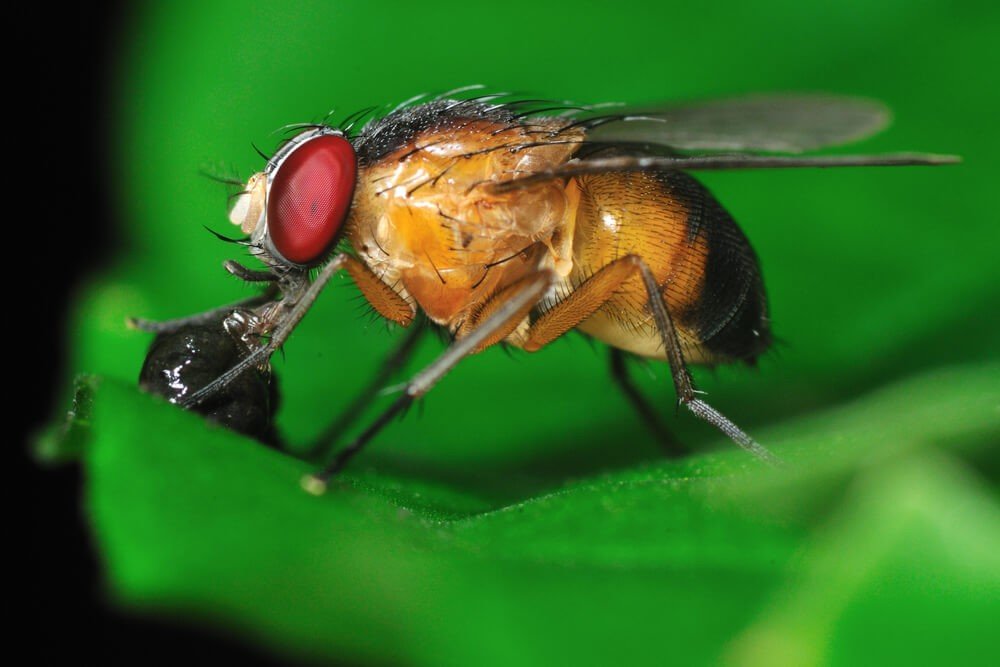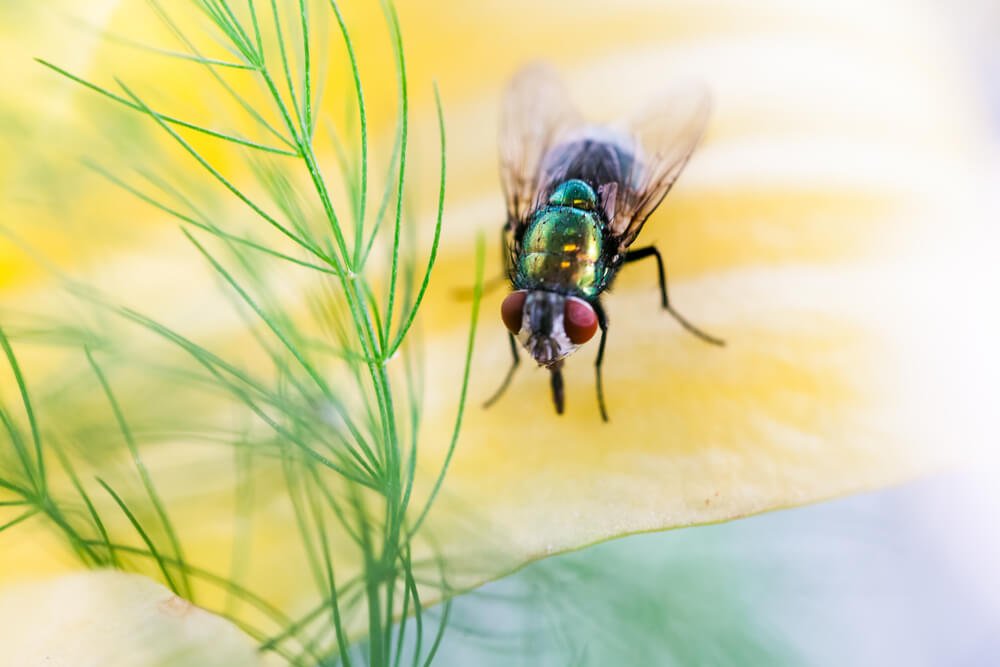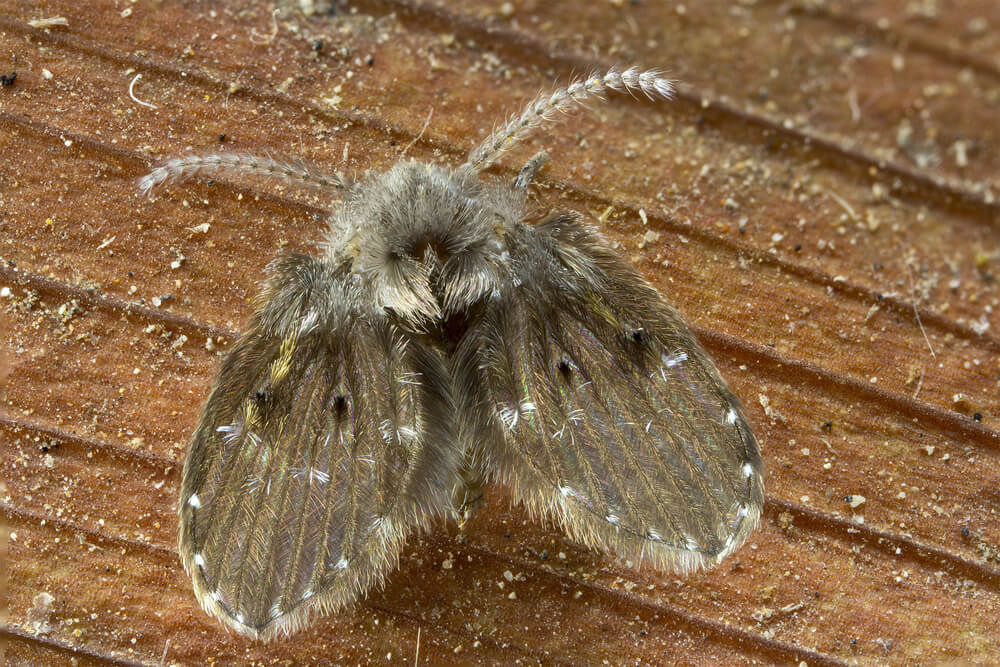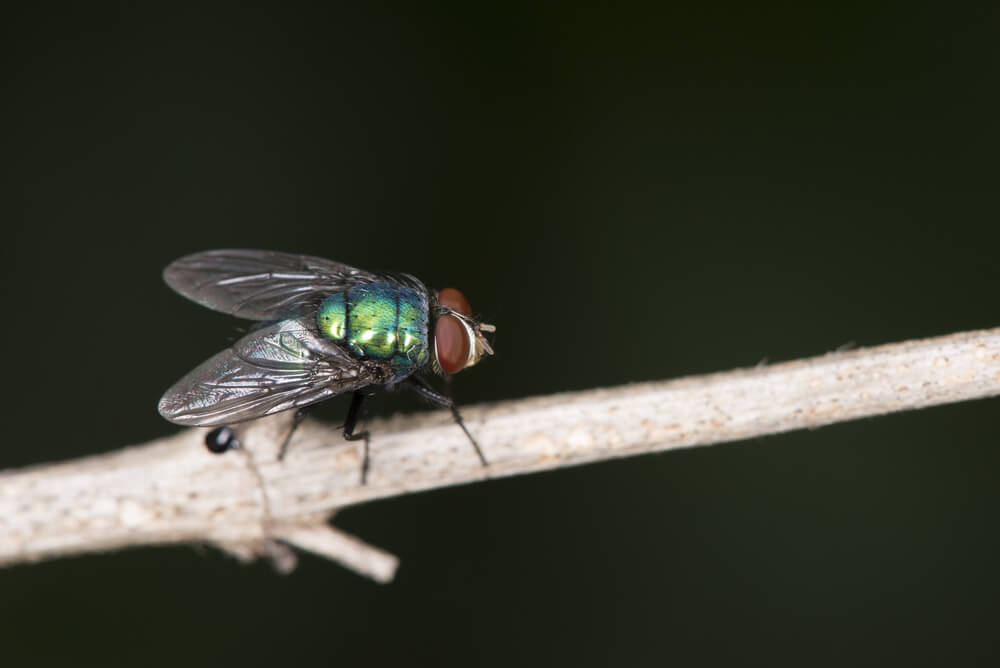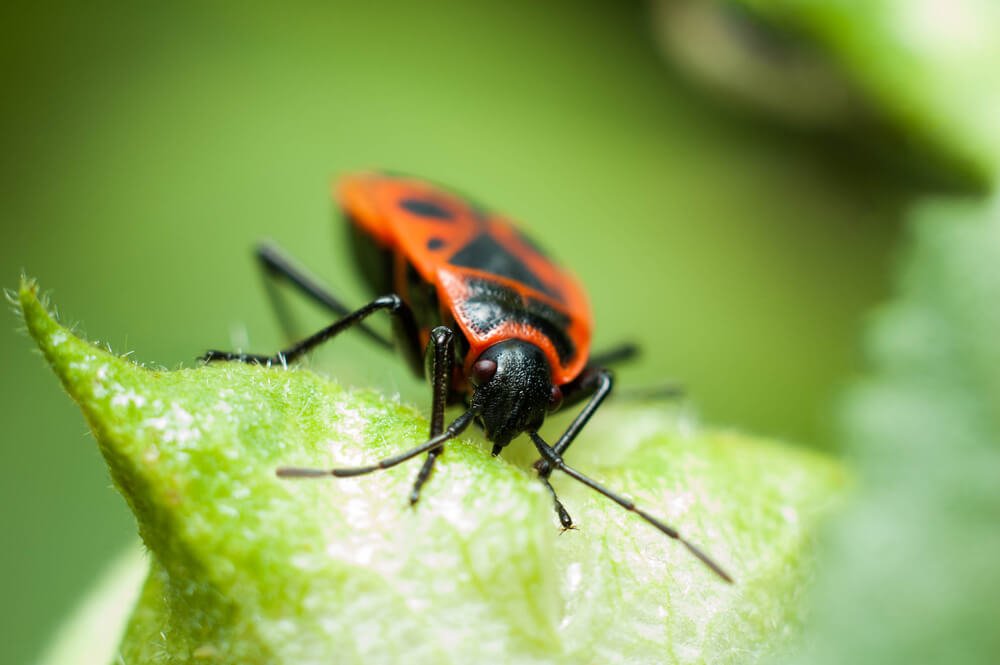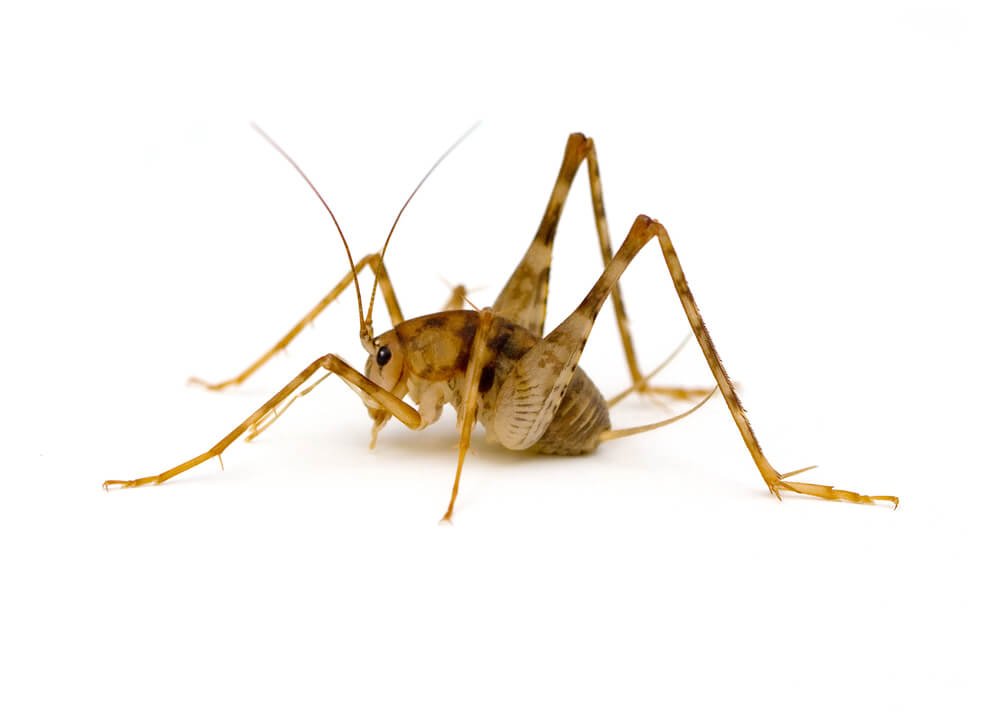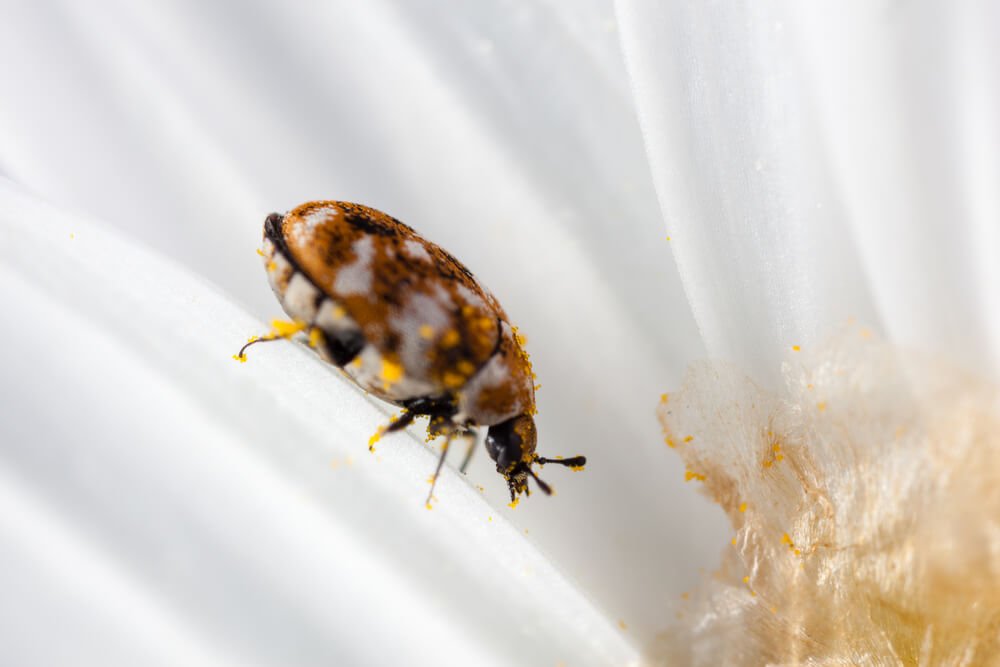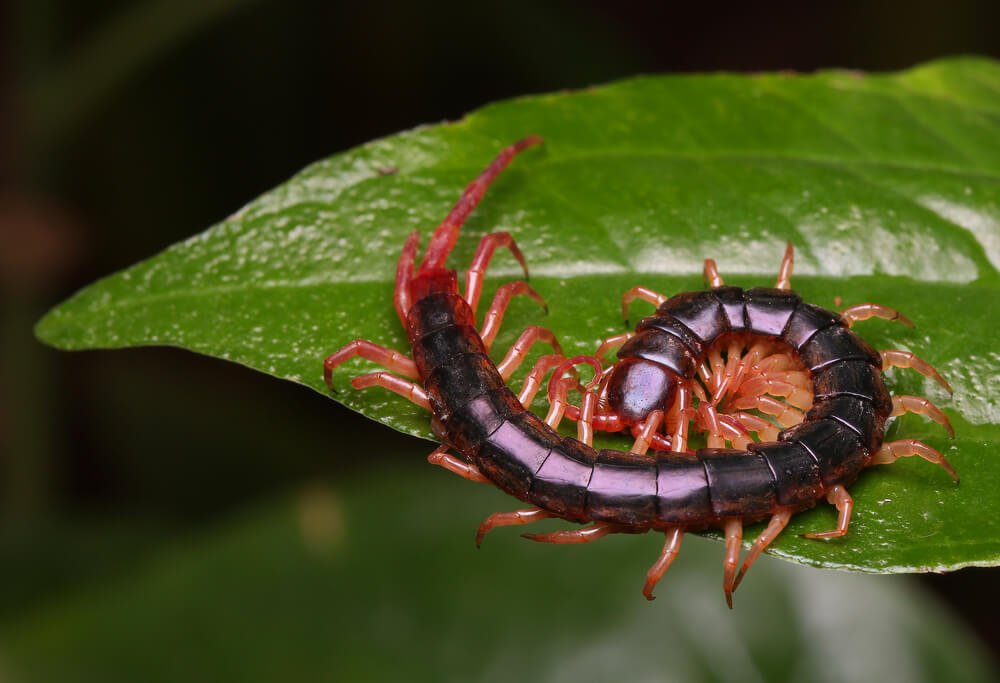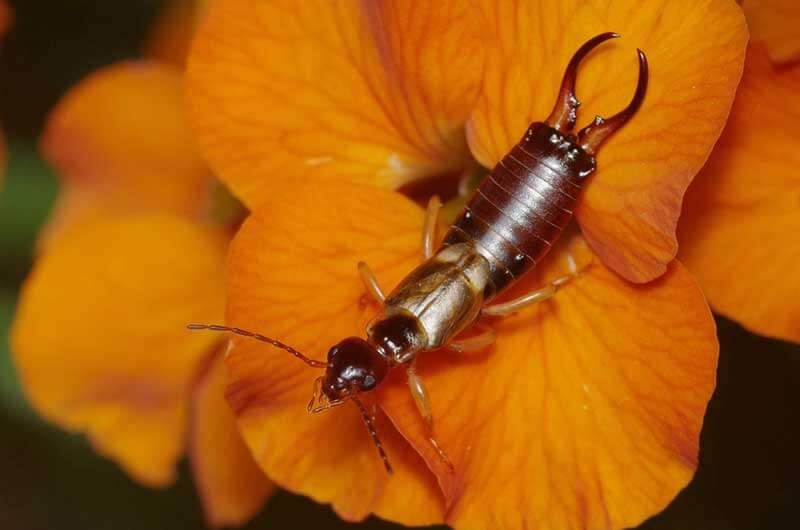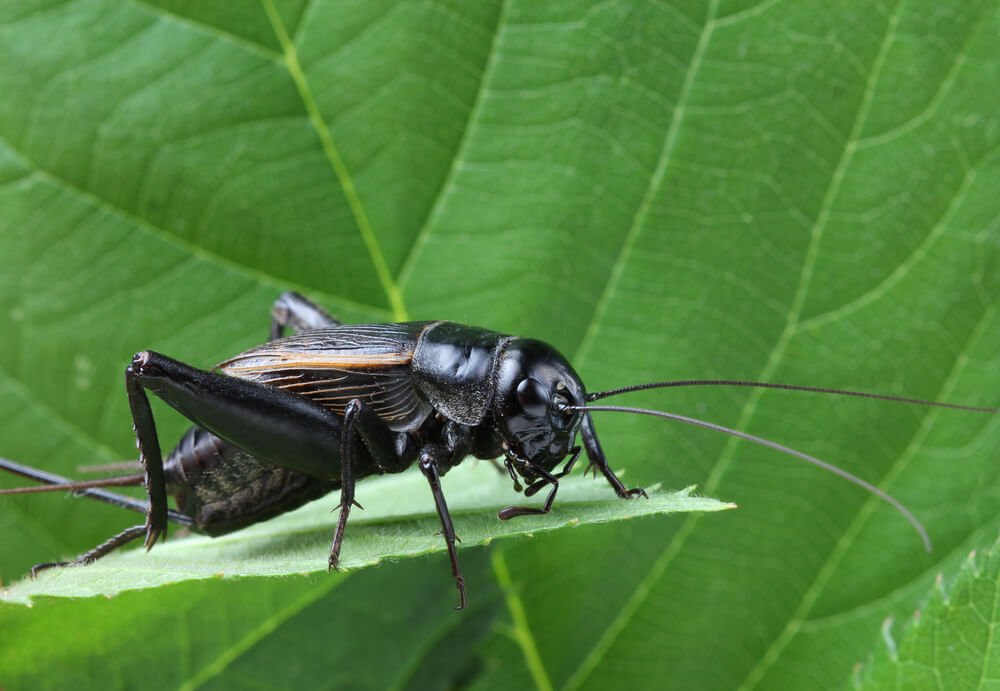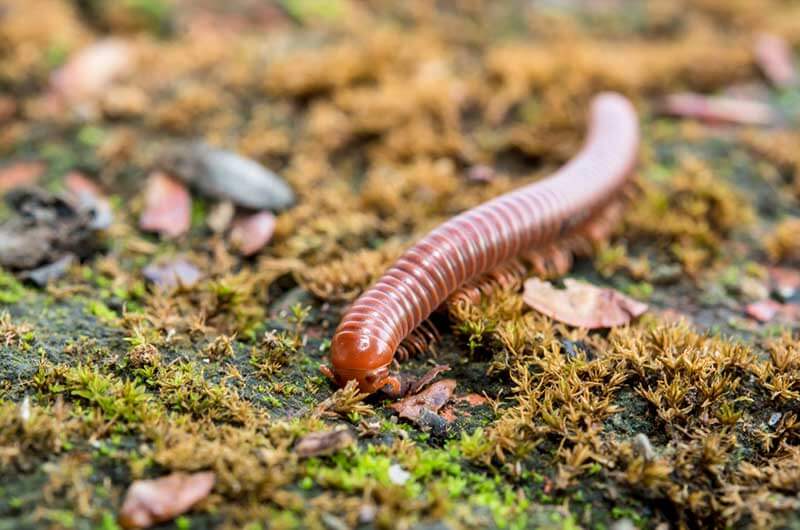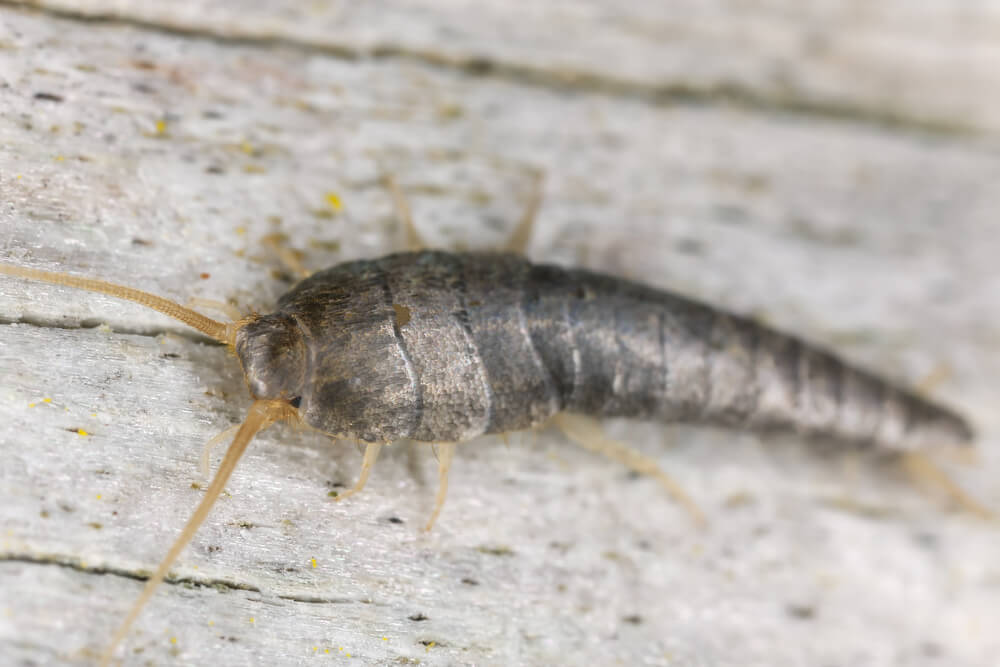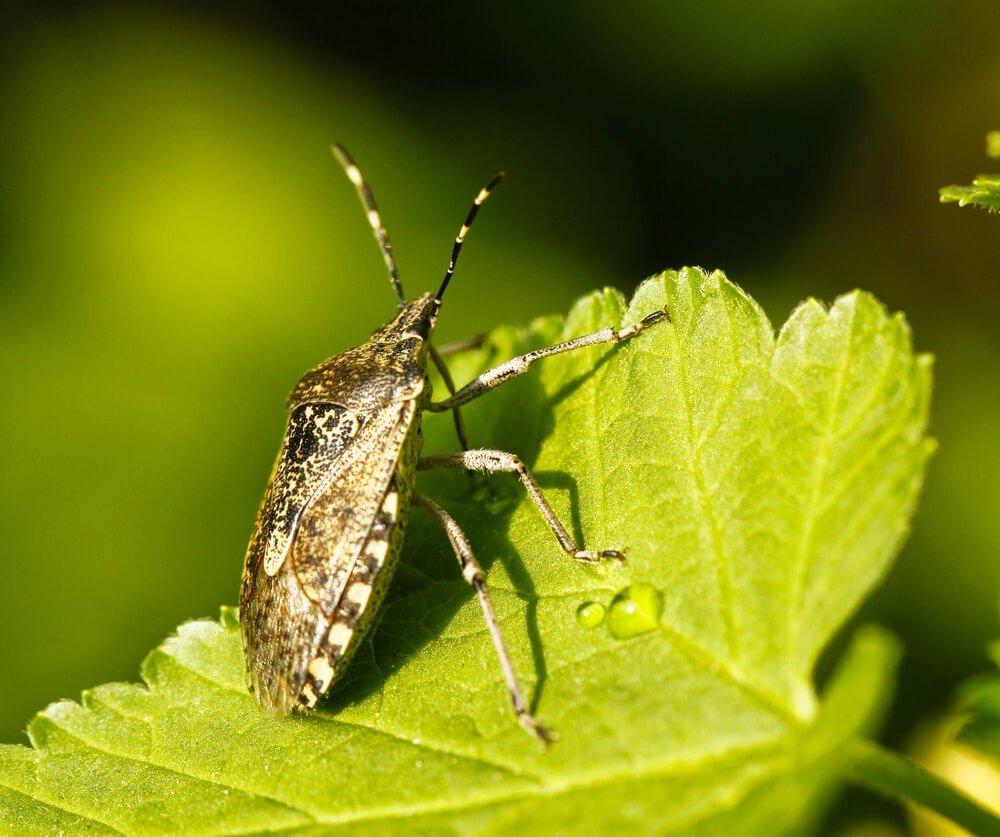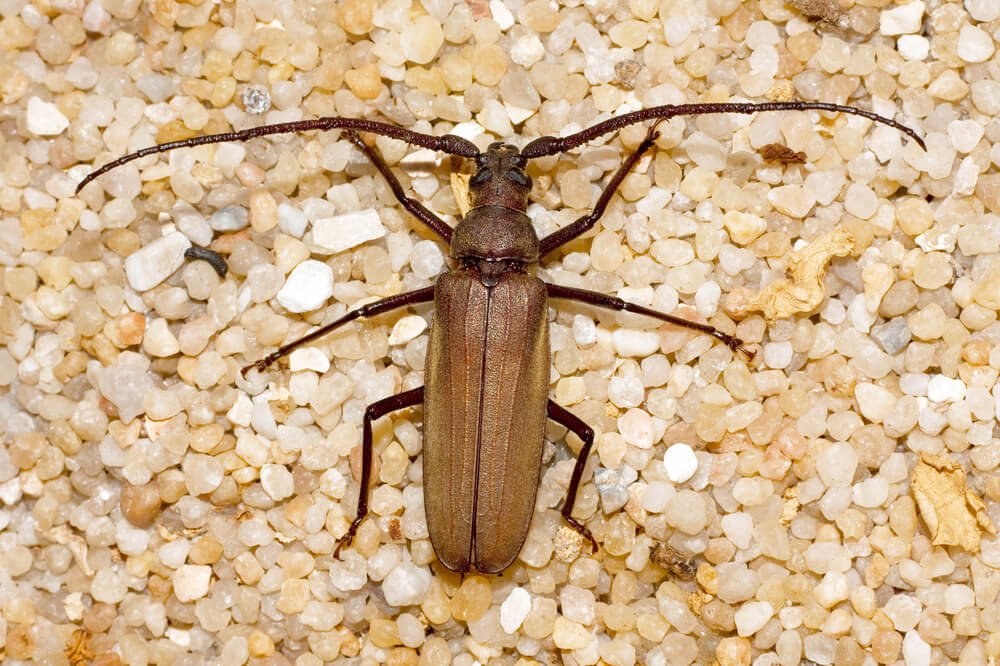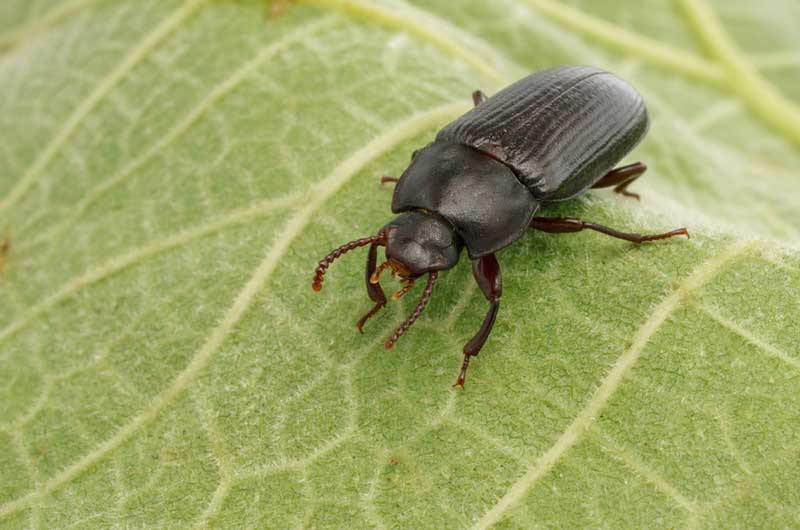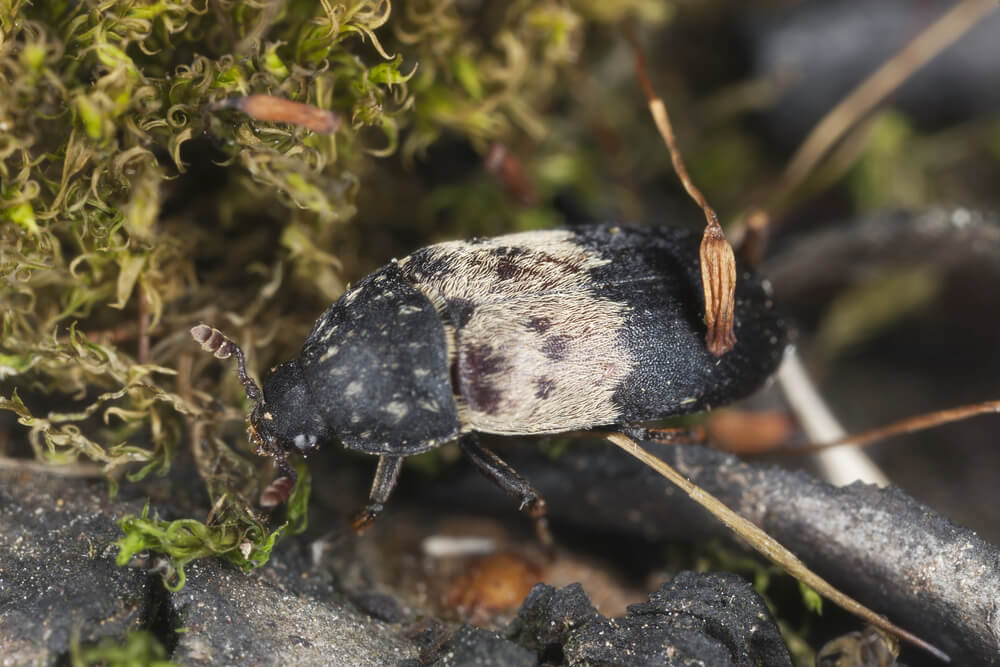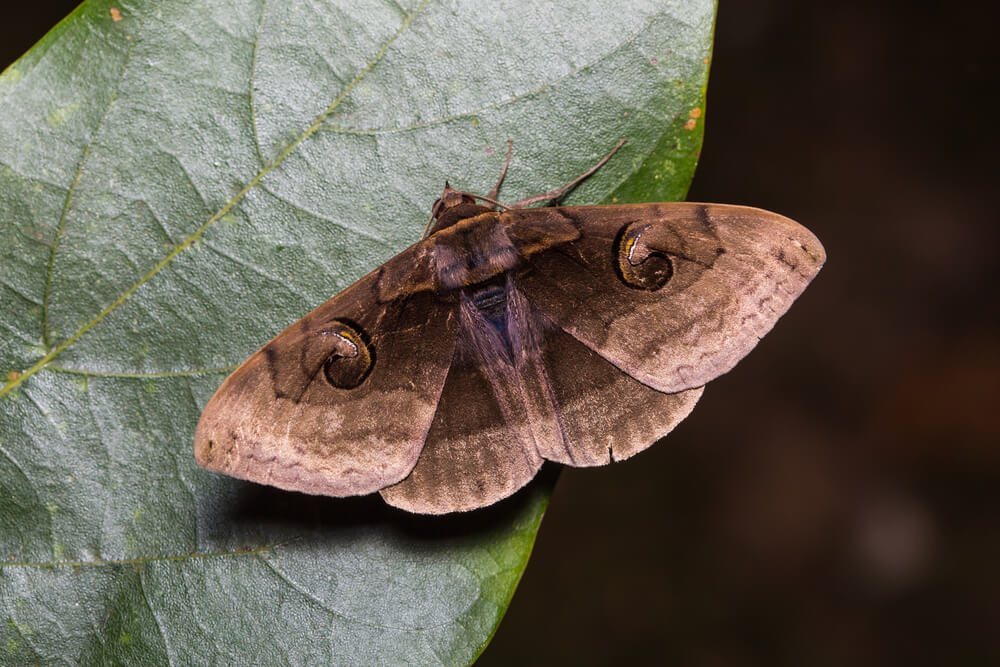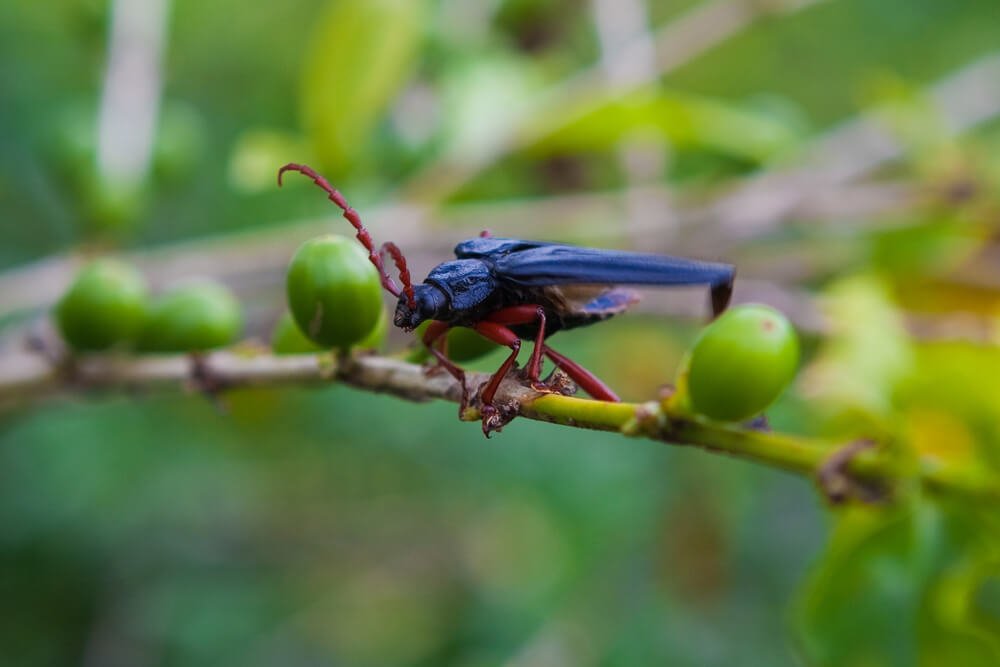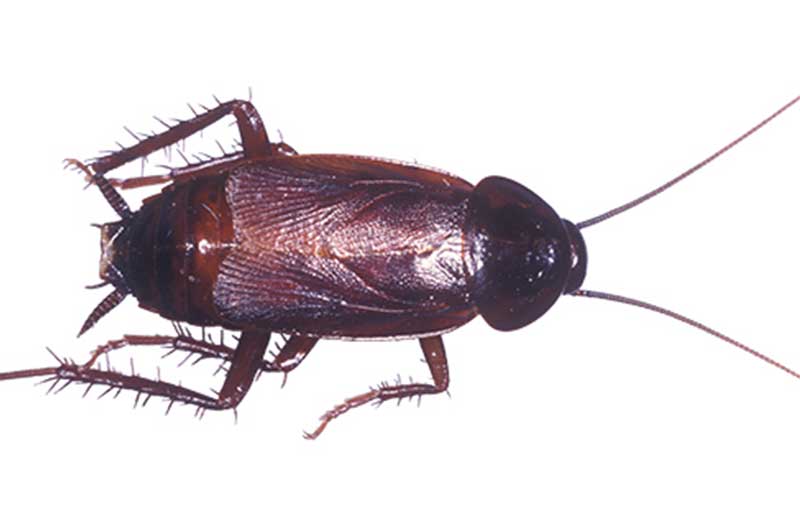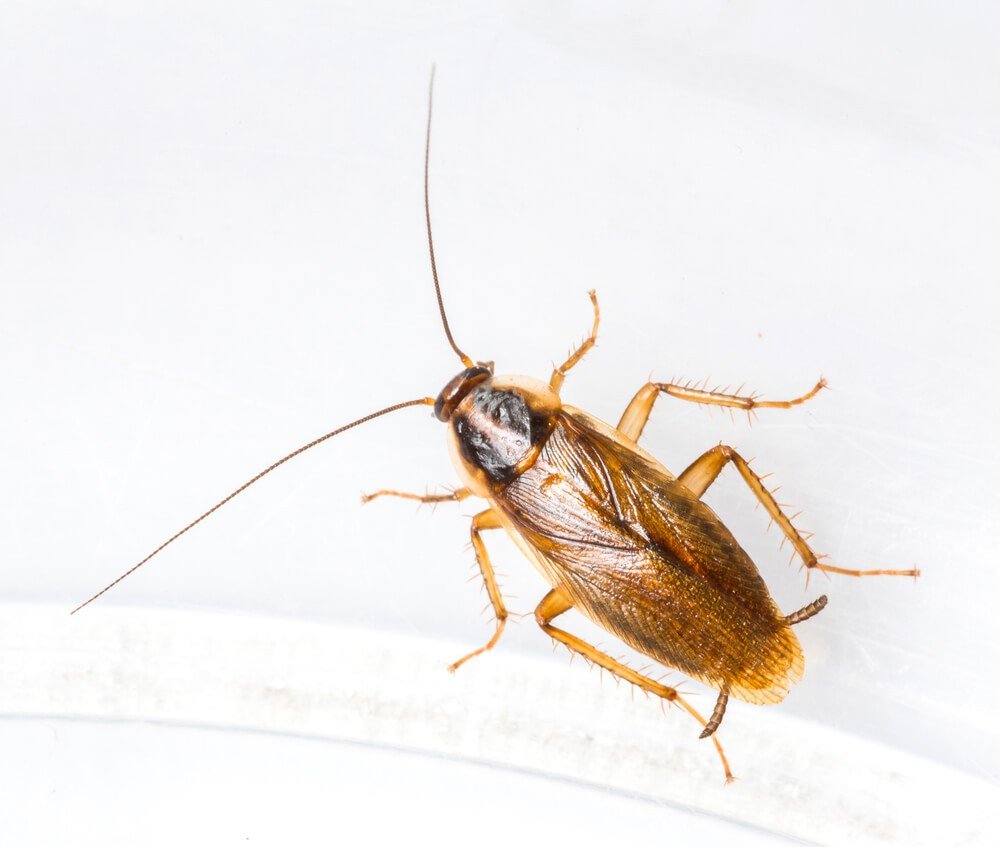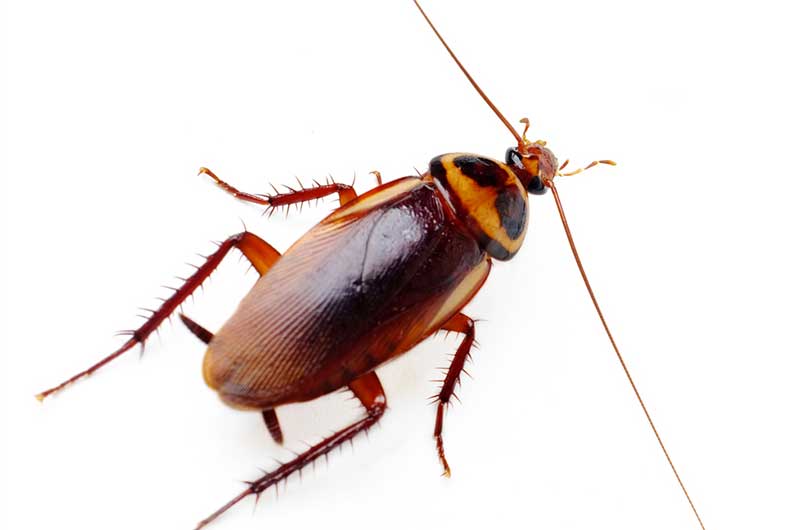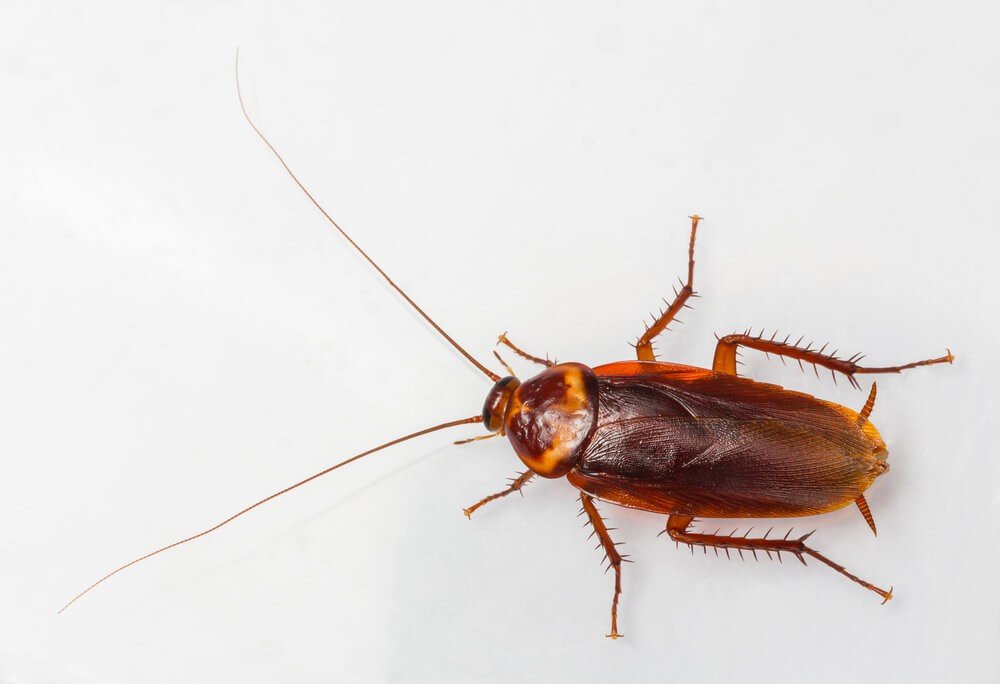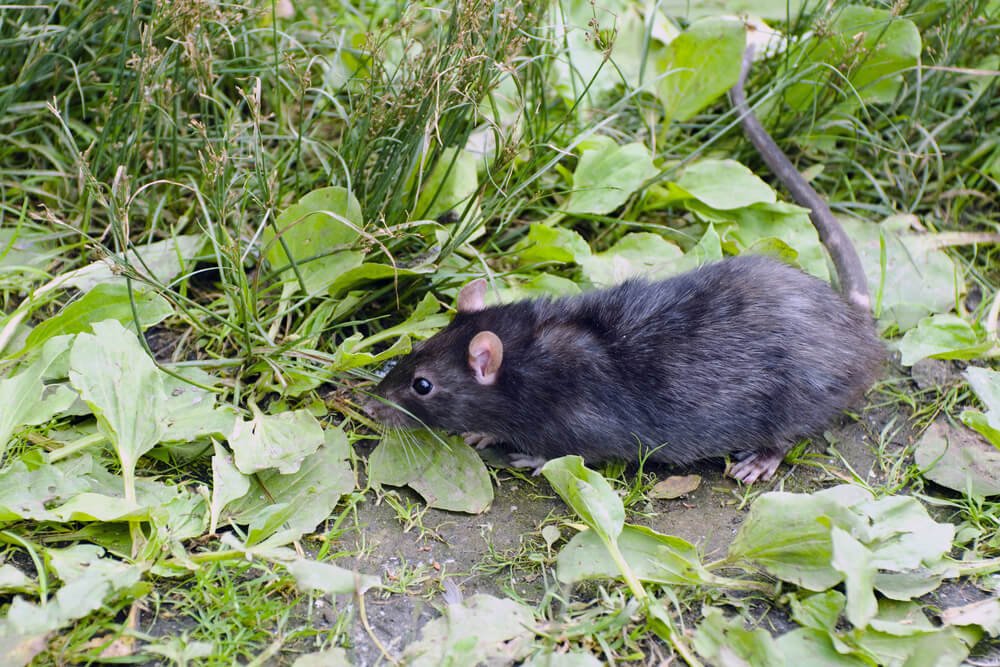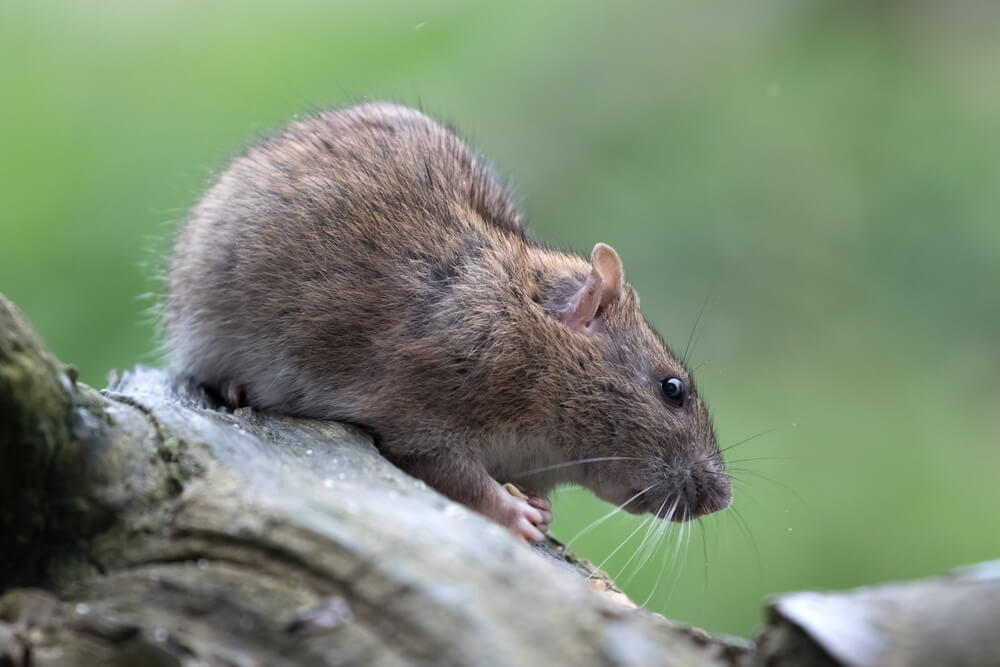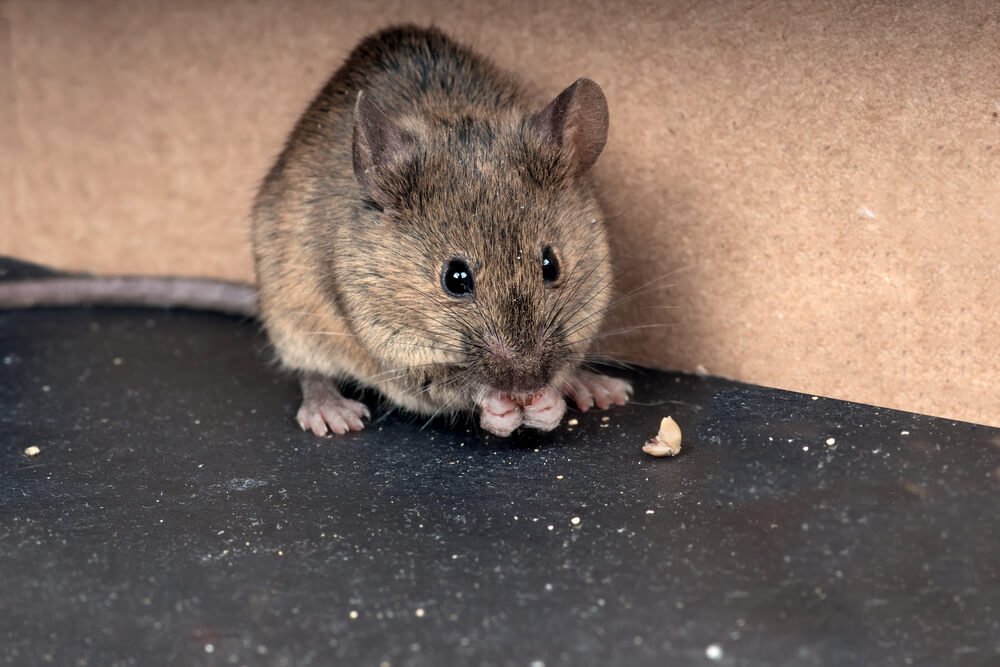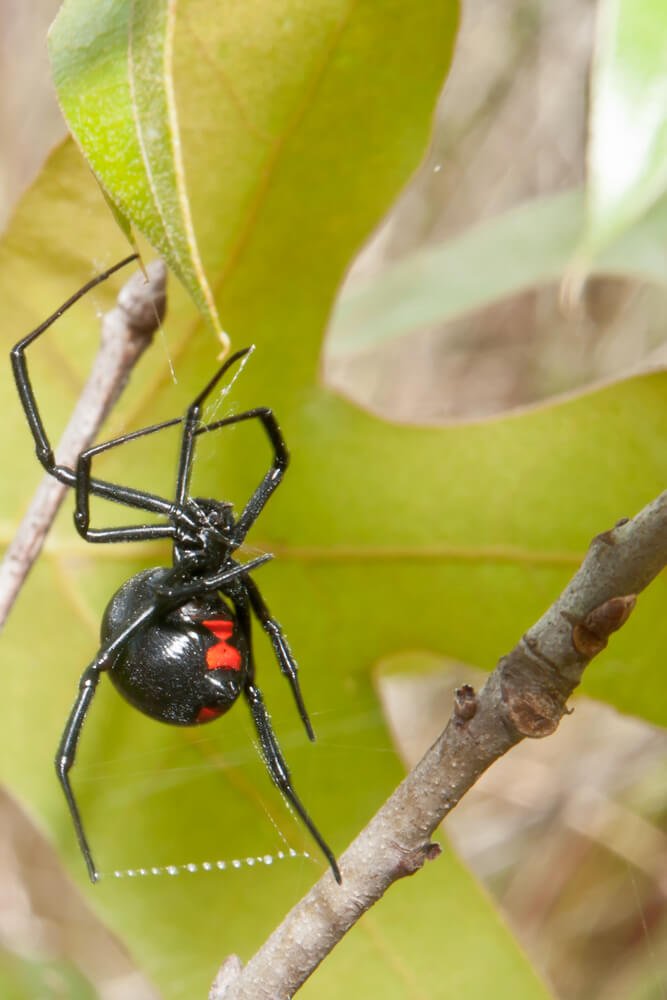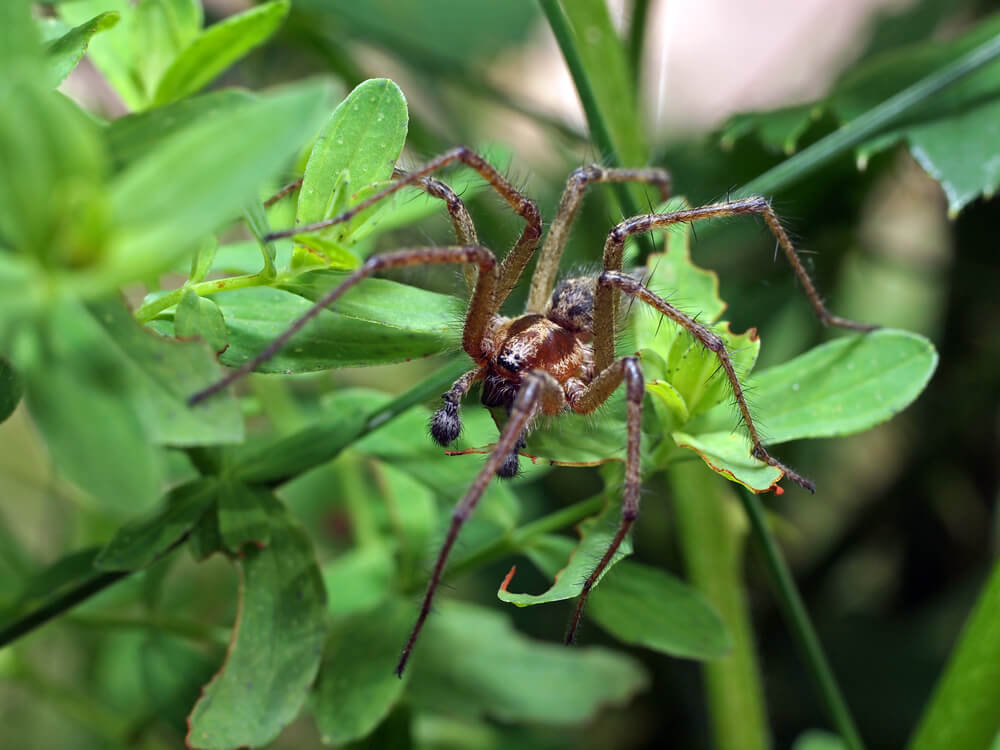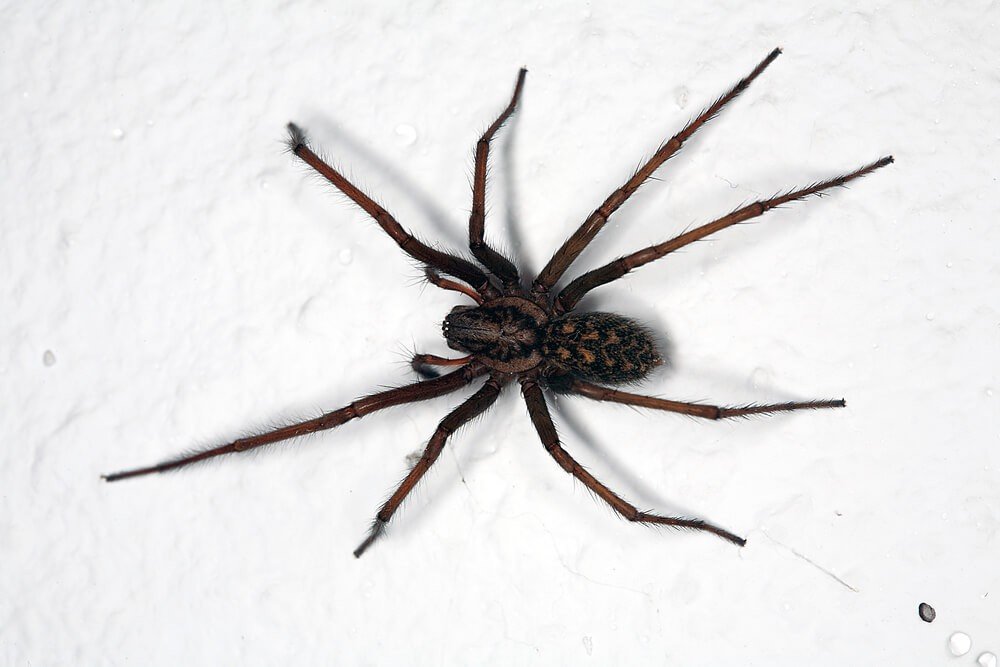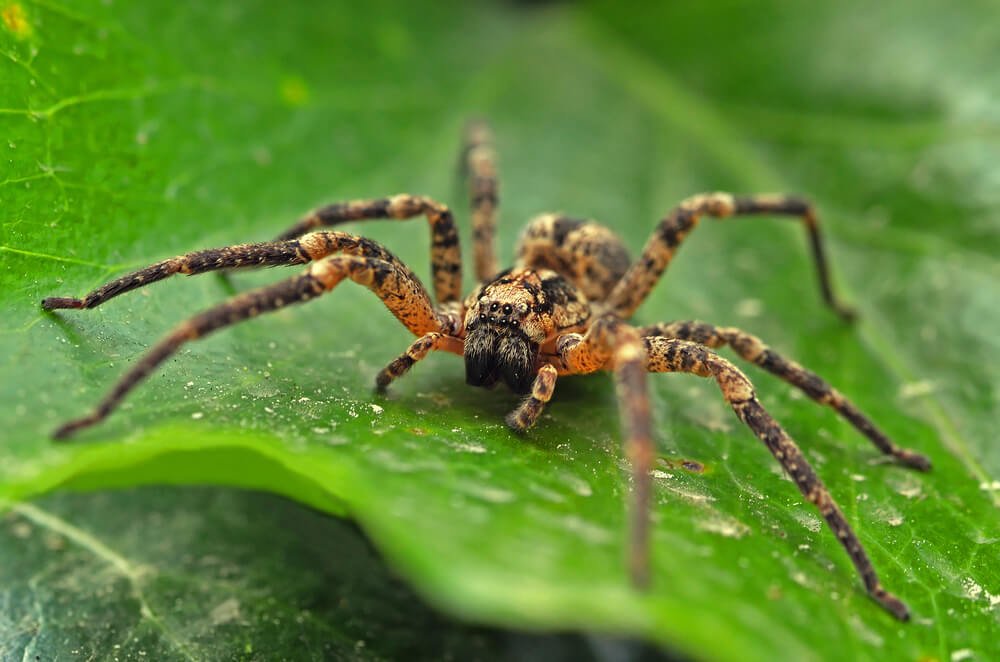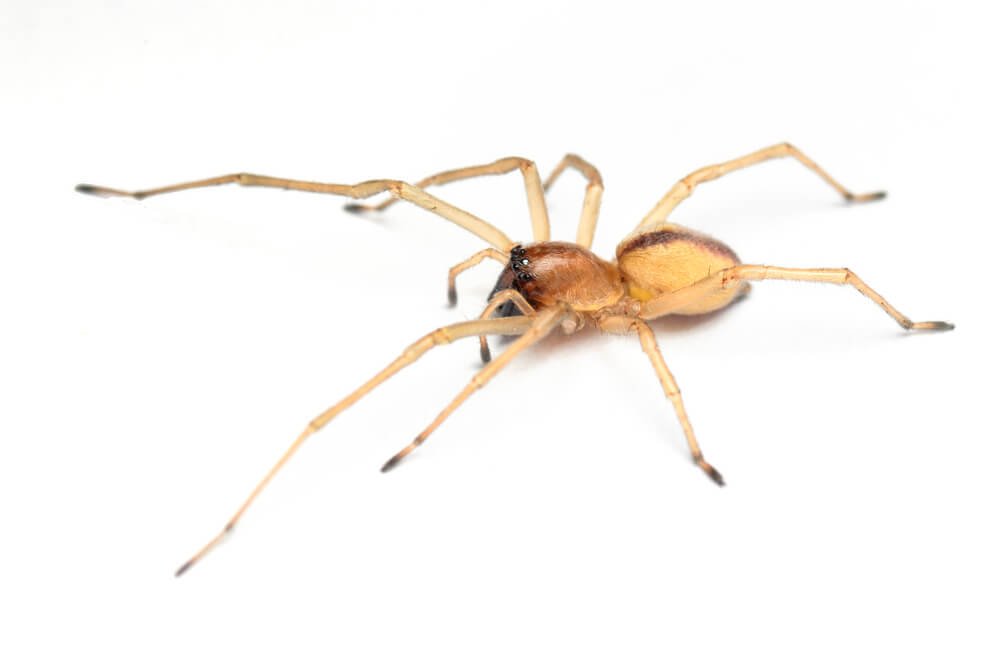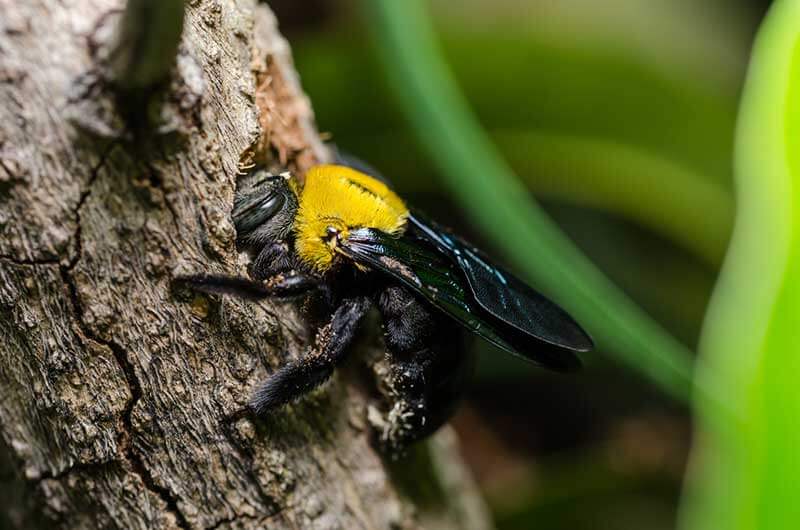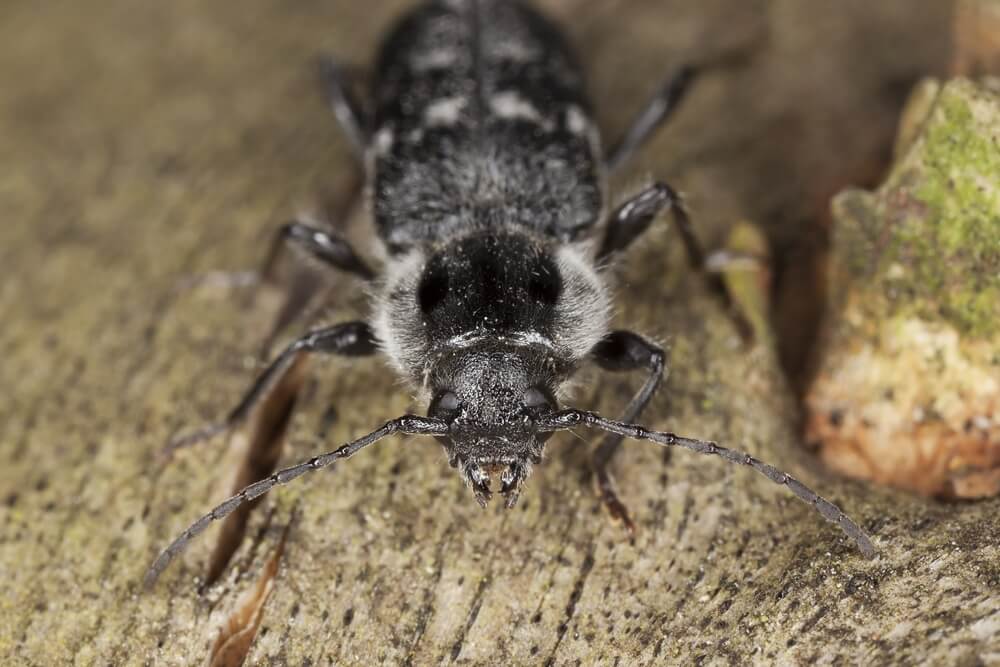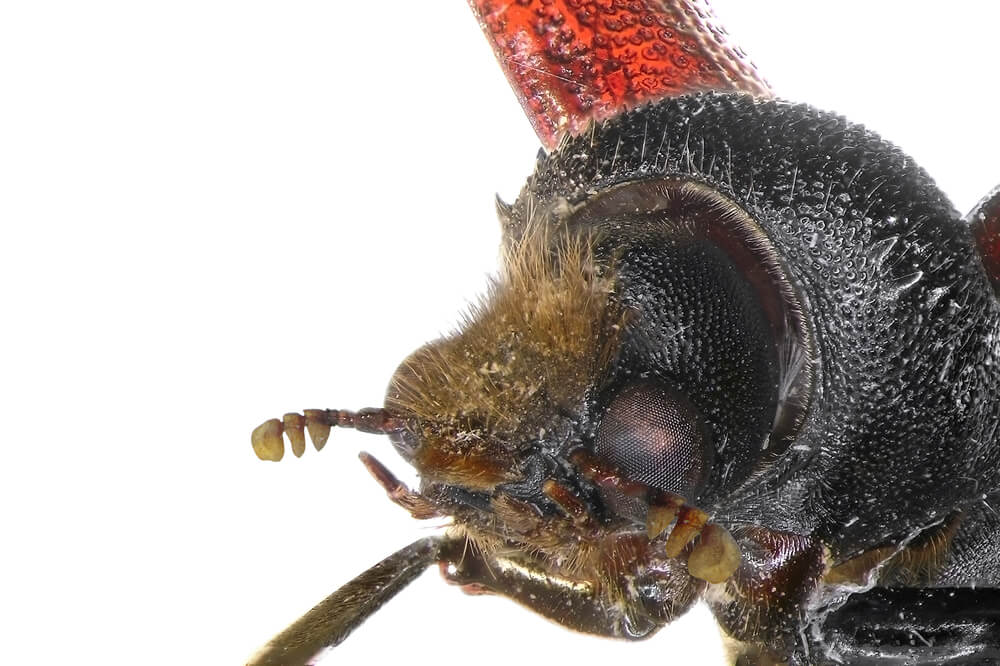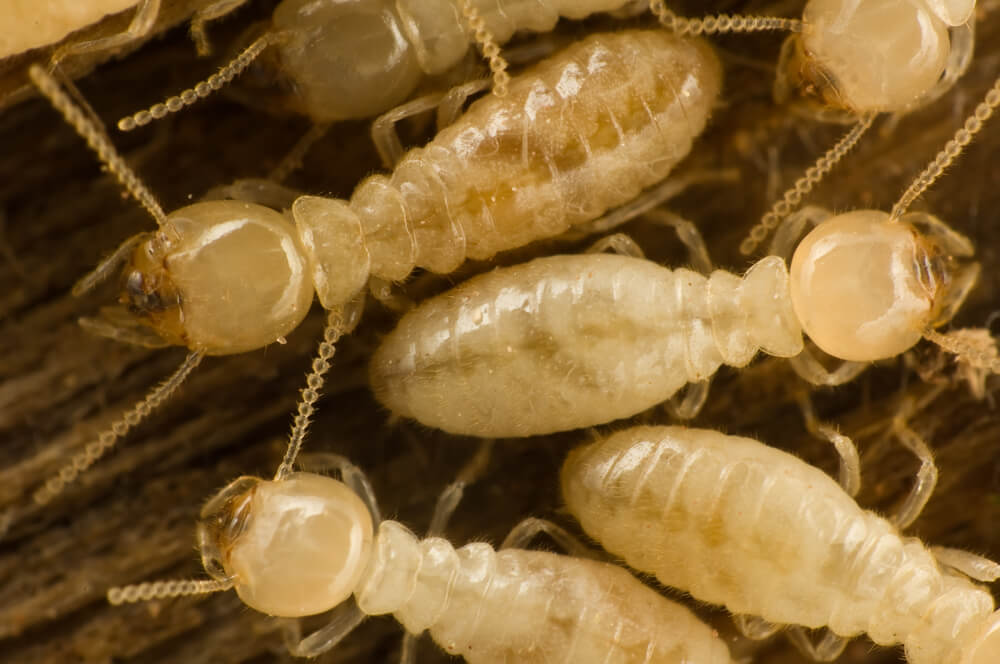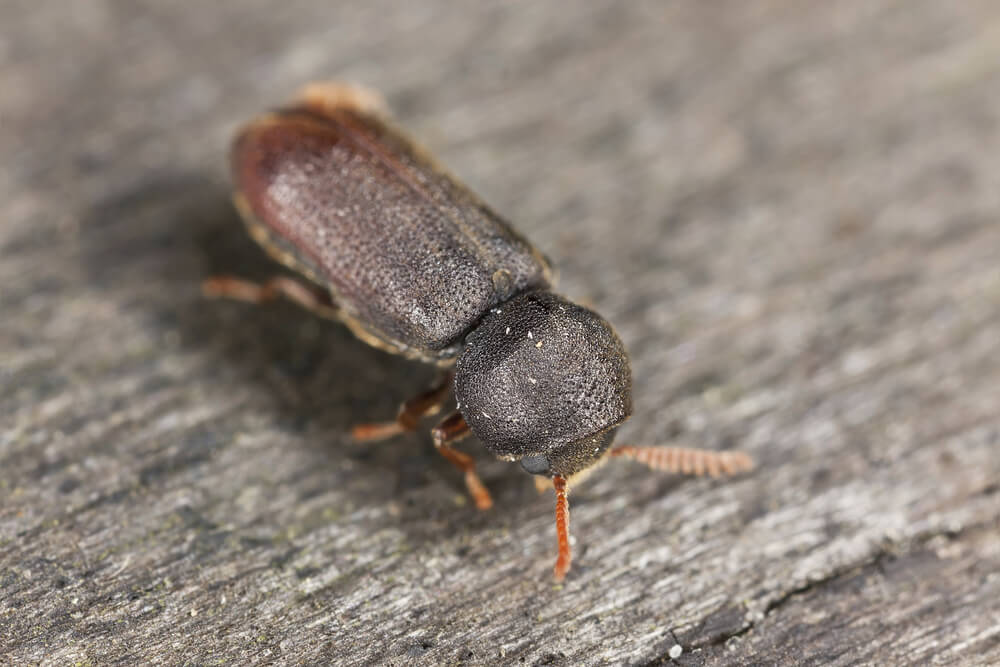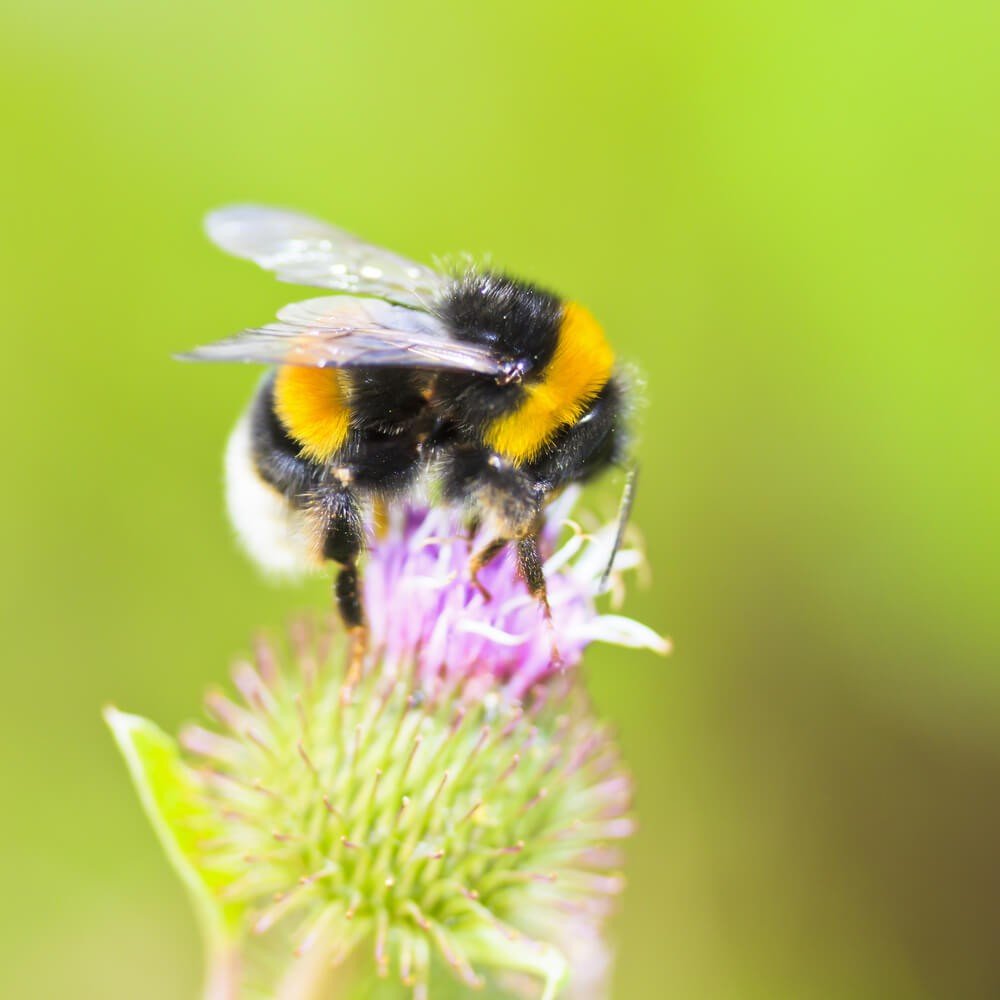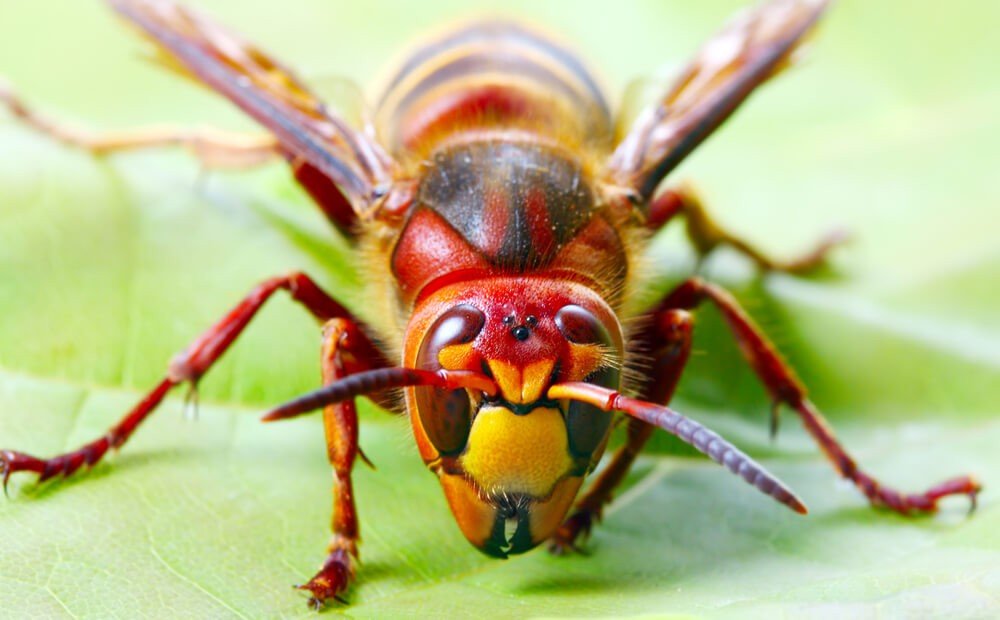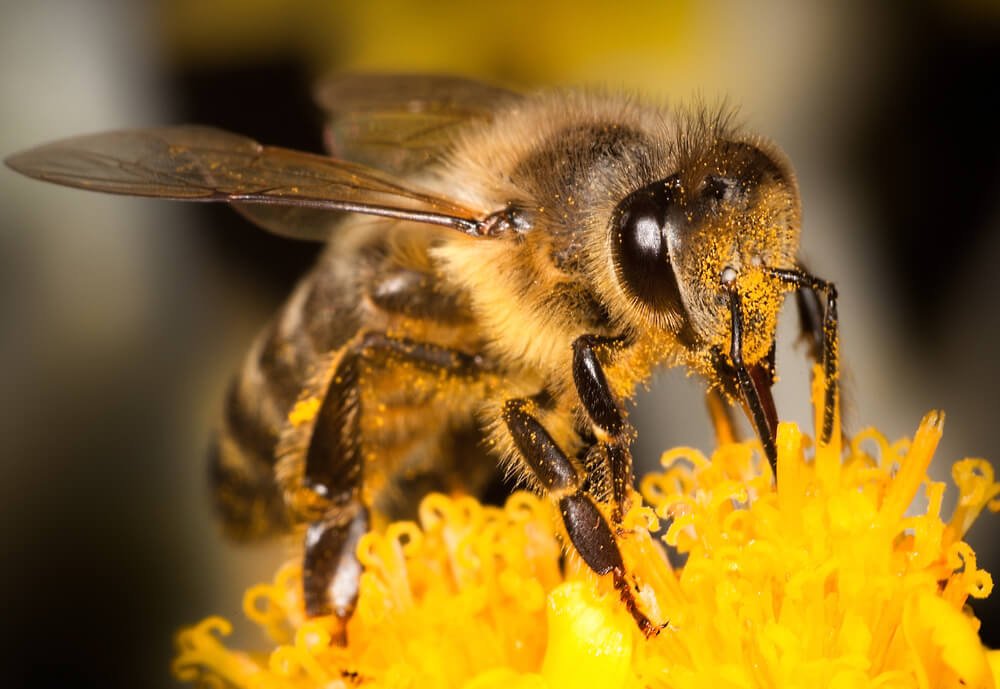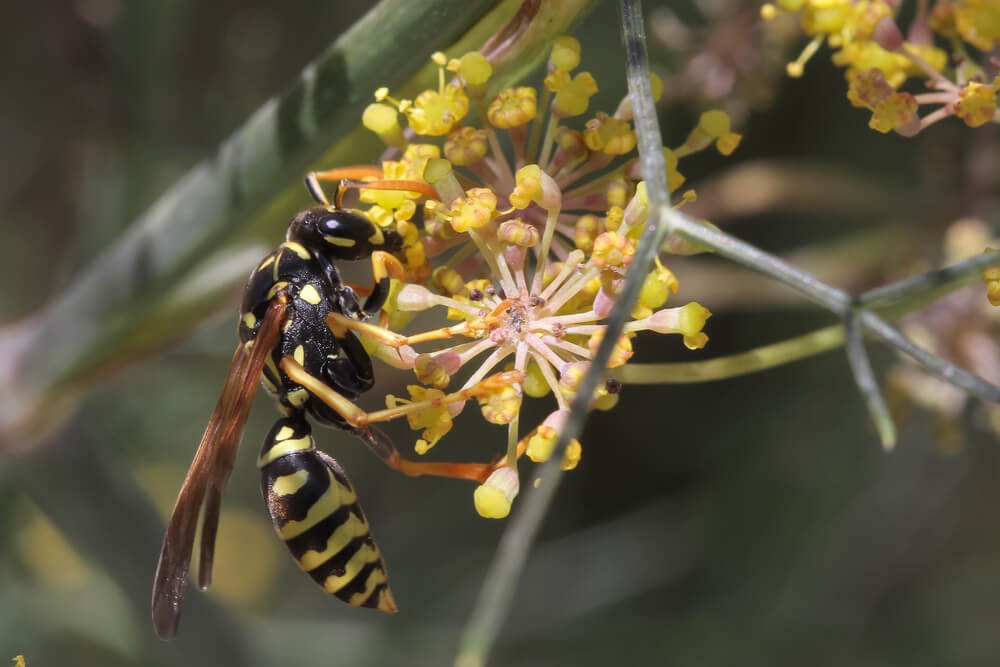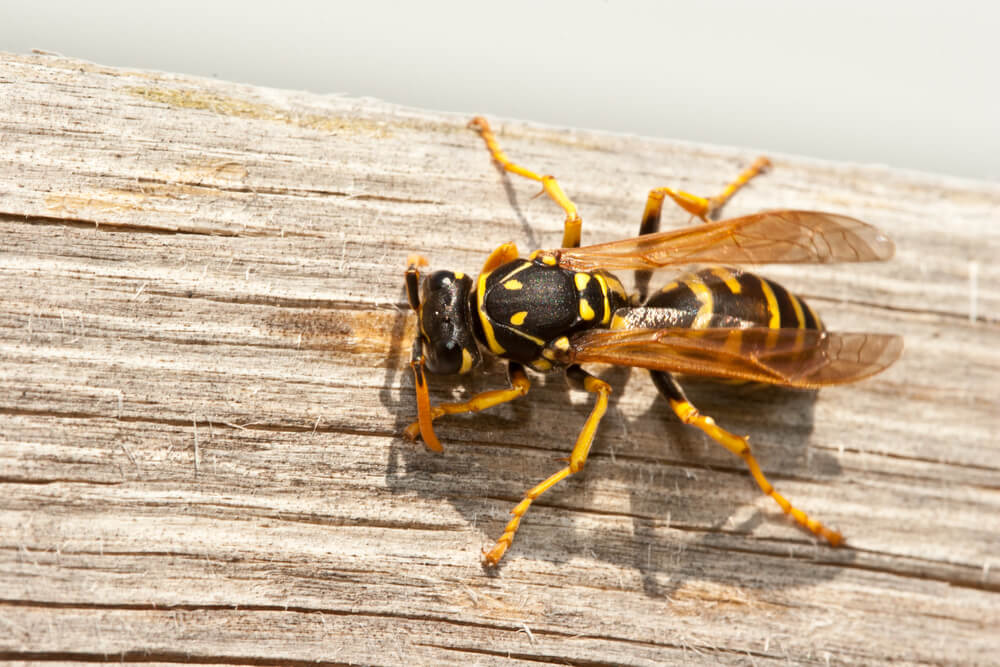Keep Your Yard and Home Mosquito-Free This Spring

As winter transitions to spring in Virginia, you might begin to look forward to barbecues, picnics, and other outdoor activities. But your outdoor activities could be disrupted if you don’t take certain precautions. One springtime nuisance that can throw a wrench in your outdoor plans is mosquitoes coming out of hibernation.
The spring months are when female mosquitoes wake up after being dormant all winter. These hungry insects then search for a blood meal so they can feed themselves and their eggs. Mosquitoes can lay as many as 300 eggs at once, which means a small infestation can quickly spiral out of control.
If you want to enjoy the spring sunshine without worrying about mosquito bites, use this guide to keep your yard — and home — mosquito-free.
Get Rid of Sources of Standing Water
The key to keeping your property mosquito-free is to make it an unattractive place for mosquitoes to lay their eggs. Since mosquitoes lay their eggs on standing water, your first step should be to identify and remove any puddles in your yard.
These are some common places to look:
- Birdbaths
- Rain gutters
- Pet water dishes
- Flowerpots
- Rain barrels
- Buckets
- Children’s toys
- Old tires
- Tarps
- Tree knotholes
Note that swimming pools and ornamental ponds aren’t part of this list. That’s because the most prevalent mosquitoes in Virginia by far are Asian tiger mosquitoes, which prefer to lay their eggs in small amounts of water.
So instead of installing an aeration system in your pond or covering your pool, focus your energy on tasks like unclogging gutters, removing birdbaths, and bringing in your pet’s water dish.
Grow Plants That Deter Mosquitoes
Your next line of defense against mosquito populations can be in the types of plants you grow. Certain plants produce smells that mosquitoes find unappealing. For an insect-repelling yard, grow the following plants in your garden or in pots around your patio and house:
- Basil
- Catnip
- Citronella
- Citronella geranium
- Lavender
- Lemon balm
- Mint
- Peppermint
Many of these flowers and herbs not only deter mosquitoes but other bugs as well. They are also prettier and smell better than bug spray.
Seal Entrances to Your Home
If you still find mosquitoes in your home, despite your efforts to prevent their population by removing standing water in harboring areas, and adding mosquito-repellant plants around your home, chances are they’re getting in through open doors and windows. Instruct your family to avoid leaving doors open, and check for tears or gaps in your windows’ fly screens. If you notice any damage to your window screens, repair or replace them right away.
Use a CO2 Mosquito Trap
To kill off remaining mosquitoes, consider buying a trap. Light traps are popular, but these are generally ineffective at attracting Asian tiger mosquitoes. Instead, use a carbon-dioxide mosquito trap. These devices attract insects by emitting carbon dioxide. The trap then catches the bugs with a sticky adhesive or vacuum.
Note, however, that CO2 traps aren’t a magic bullet. They will only attract insects that fly near them, which means mosquitoes could still fly freely around most of your yard or home. In addition, these traps can break down, so you will have to stay on top of maintenance to ensure their effectiveness.
Call an Exterminator
Following the above steps might seem like a lot of work, but reducing mosquito populations is important for protecting your family’s health. Asian tiger mosquitoes are known transmitters of several viral diseases, including West Nile virus. While most mosquito bites are harmless, you don’t want to risk a bite leading to a serious infection.
For the best mosquito control, you need the help of an expert. A pest control professional can determine what type of mosquitoes you have on your property and come up with a treatment program designed to prevent and control them. For more information on controlling mosquito populations on your property, call PermaTreat Pest and Termite Control today.






